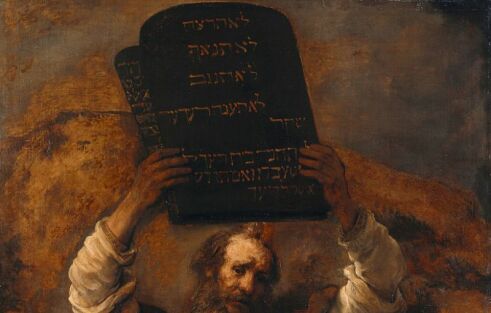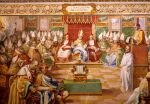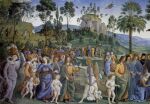
How Did Moses "Write" God's Law (and the Pentateuch) at and around Mount Sinai?
Two current, and interrelated, publications delve into the longstanding and complicated question of whether or not Moses was a historical person and/or the authenticity of the Biblical story surrounding Mount Sinai and the 10 Commandments.








